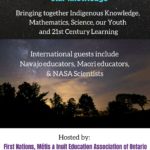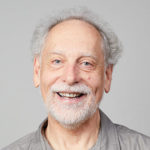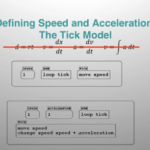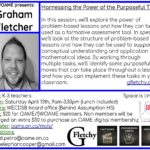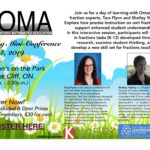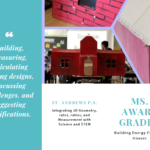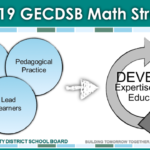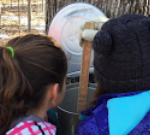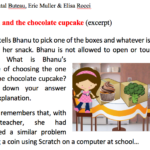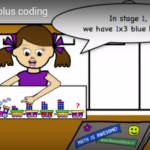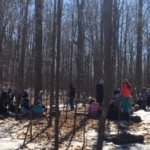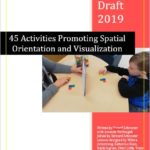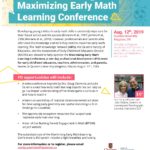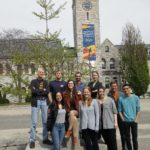View this report in PDF here.
Report by Iain Brodie, December 2018
Sometimes, in order to learn about specific things, you have to approach it from many angles. This is what the grade sevens at St. Andrews Public School are about to do with artificial intelligence. Rather than approach it as a singular scientific subject, they are about to embark on a journey that will take in literature, communication, mathematics, coding, engineering, making, and most importantly – thinking.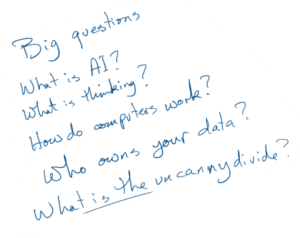
Thinking as a skill is not specifically outlined in any of our curricula except as a category on an achievement chart or a process expectations, and even there it does not give nearly enough credit to the abilities of our children to think, to think critically. The grade sevens in Ms. Awara’s classroom are going to learn not only how to think critically, but in order to understand what artificial intelligence might be, they are going to have to think about thinking, as well as about some serious issues in our interconnected world.
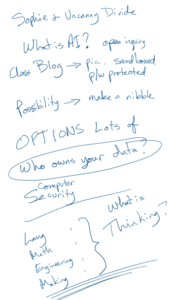 During planning, Ms. Awara stressed that it was really important for her and her students to cast a wide net during learning engagements. “Doing so exposes the students to a widening horizon so that they can learn to make informed choices in and about their futures. It also gives them many chances to learn and practice collaborating, thinking critically, and problem solving through conducting an open inquiry with many “big, juicy questions” for the students to dive into.
During planning, Ms. Awara stressed that it was really important for her and her students to cast a wide net during learning engagements. “Doing so exposes the students to a widening horizon so that they can learn to make informed choices in and about their futures. It also gives them many chances to learn and practice collaborating, thinking critically, and problem solving through conducting an open inquiry with many “big, juicy questions” for the students to dive into.
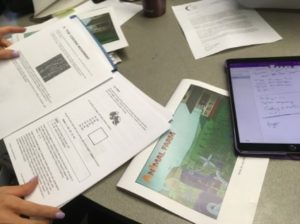
Some of the materials they are going to be using include a graphic novel which will set the stage for the inquiry, online apps which will help the students to understand how programming works with Boolean algebra, logic gates and more (see http://eduapps.ca/ai/). They are also planning on exploring Vector, an AI robot so that they can experience the user side of working with an AI.

Our future is wide open, and there are so many things that we can learn. Ms. Awara and her grade seven students are not only going to learn about what AI is, they are going to learn how it learns and in the process learn how they learn, too.


